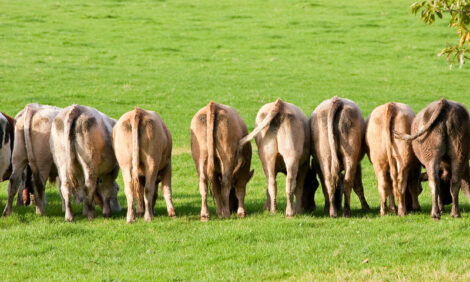



Change Of Direction For Swiss Dairy Policy
SWITZERLAND - Members of the Swiss National Council have voted in favour of implementing volume control for the milk market."A majority of the Swiss National Council's members voted in favour of a motion that will enable milk producers to decide whether and how generally binding provisions will come into force” said Romuald Schaber, president of the European Milk Board (EMB).
He welcomes this important political decision in Switzerland. If all milk producers have to abide by generally binding rules for dairy production, downward prices can avoided by preventing excess production. If the second chamber of the parliament -the Council of Swiss States- approves this decision as well, milk producers in Switzerland will be able to decide in what way all Swiss producers will be bound to a milk volume control.
Romuald Schaber said: “This would be the first step towards adjusting the milk volume to the actual demand and thus a milk price that covers the production costs of producers in Switzerland.”
So far policy-makers in Switzerland have left the question of generally binding provisions to the discretion of the interbranch organisation “Milk” (Branchenorganisation Milch, BOM). Representatives of the retail sector, processors and producers are members of the BOM.
“The BOM failed miserably and the National Council could no longer justify the severe repercussions that this failure has on milk producers” added Romuald Schaber.
According to Romuald Schaber the situation is particularly difficult. In order to implement generally binding provisions not only the producers have to agree, but the retail and the processing sector as well.
These sectors are, however, not interested in a volume control, as they would have to take into account an increased milk price for producers. Even though they endorsed the decisions of the BOM the industry and the retail sector did not implement them. That is why excess production occurs that pulls the price downwards so that it no longer covers the production costs.
This U-turn shows that policy-makers in Switzerland are no longer supporting liberalisation of the market. The EU will probably experience the same issues, despite its policy-makers currently planning to abolish milk quotas in 2015, he said.
TheCattleSite News Desk


